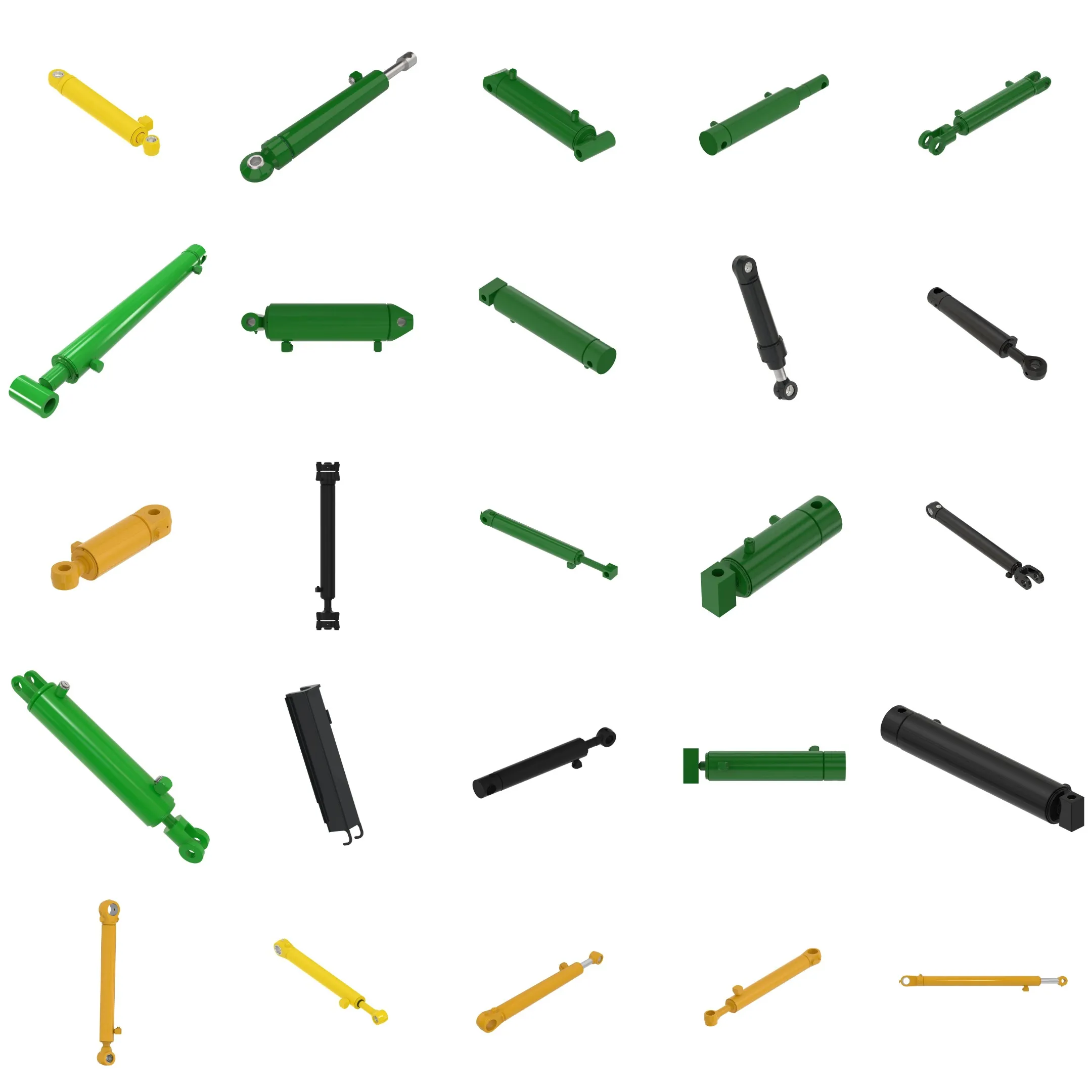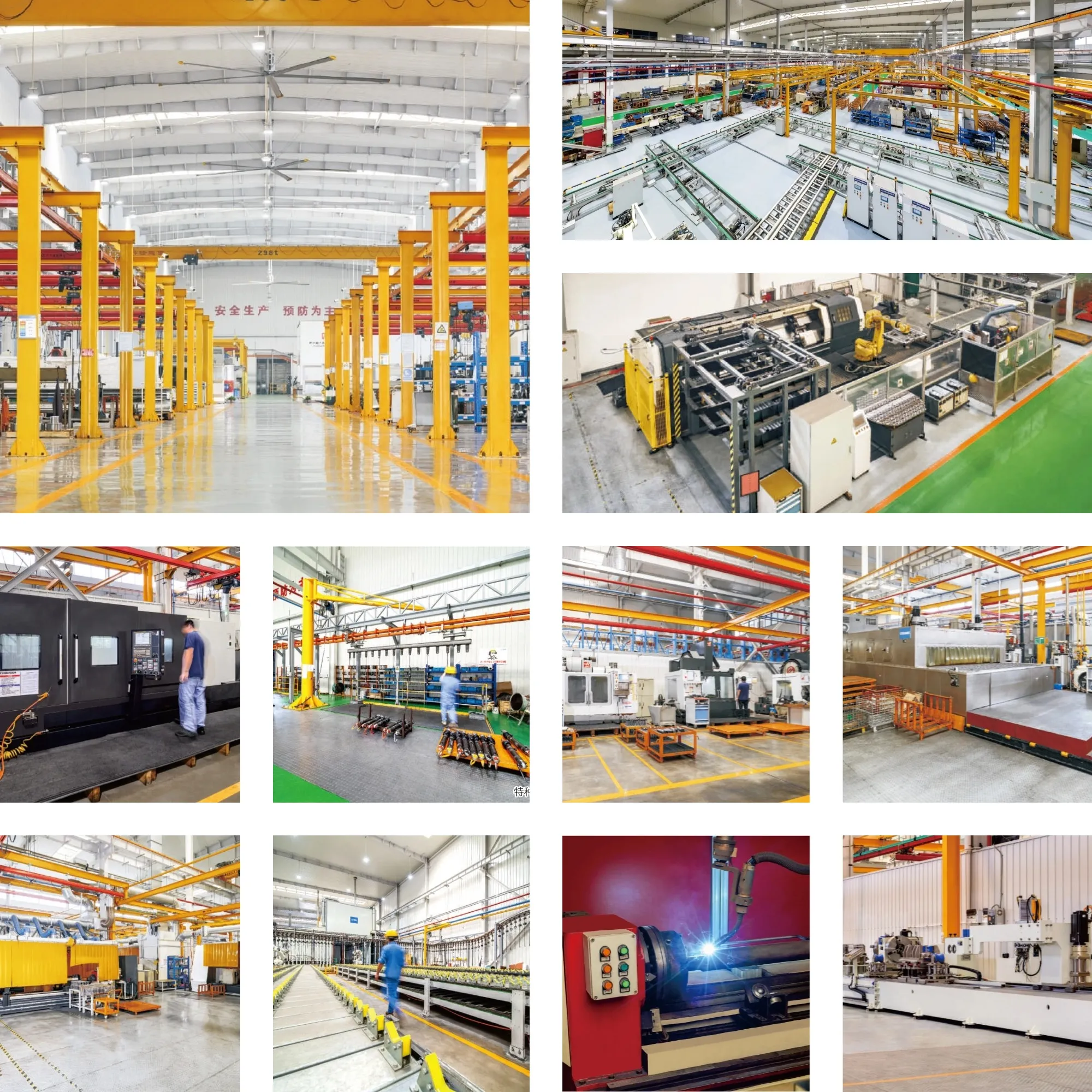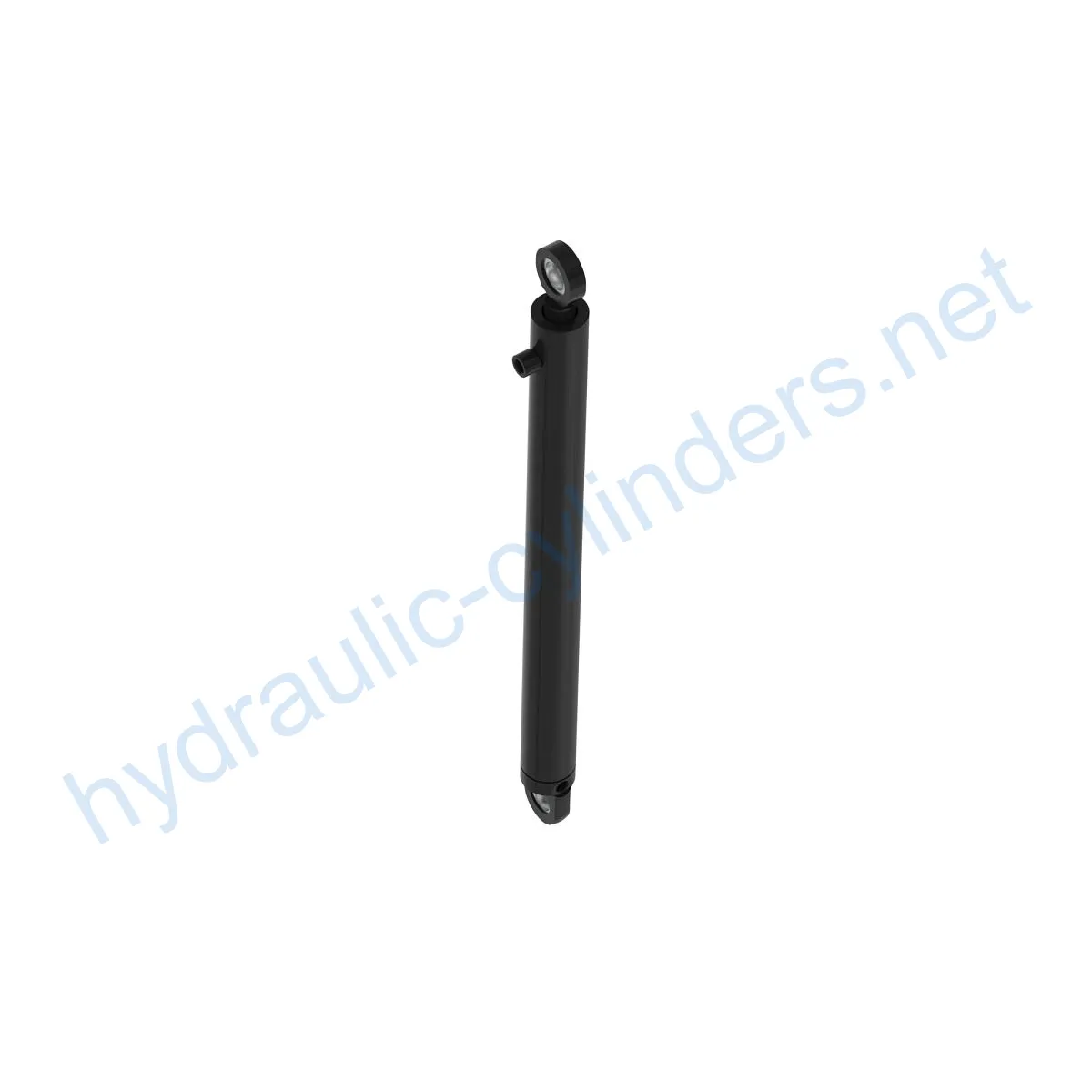Replacement Of F071990 Hydraulic Cylinder
Hidrolik silindir üreticilerinden, tedarikçilerinden ve mekanik ürünlerin ihracatçılarından biri olarak, hidrolik silindirler ve diğer birçok ürünü sunuyoruz.
Ayrıntılar için lütfen bizimle iletişime geçin.
Posta:sales@hydraulic-cylinders.net
Hidrolik silindir üreticisi tedarikçisi ihracatçısı.
Introduction
The Replacement Of F071990 Hydraulic Cylinder is a crucial component in various industrial devices, such as 810D, 810E, 1010D, 1010E, 1110D, 1110E, 1110G, 1210E, 1210G, 1410D, 1510E, 1510G, 1710D, 1711D, 1910E, and 1910G models. This cylinder weighs 24.58 lb, has a height of 2.75 in, a width of 3.5 in, and a length of 34.2 in. The hydraulic cylinder is used for several purposes, including lifting, moving, positioning, and applying force in various industrial applications.
Specifications and Models
The Replacement Of F071990 Hydraulic Cylinder is designed to be compatible with several industrial models, including 810D, 810E, 1010D, 1010E, 1110D, 1110E, 1110G, 1210E, 1210G, 1410D, 1510E, 1510G, 1710D, 1711D, 1910E, and 1910G. The cylinder has a weight of 24.58 lb, a height of 2.75 in, a width of 3.5 in, and a length of 34.2 in.
Features
- Improved equipment performance: Replacing damaged or worn hydraulic cylinders can restore the device’s normal operational capability, ensuring its performance in various applications.
- Enhanced safety: Regularly replacing hydraulic cylinders can reduce safety hazards caused by cylinder failures, ensuring the safety of the operator and equipment.
- Overload protection: New cylinder designs typically consider a better overload protection mechanism, improving safety.
- Quick installation: Modern hydraulic cylinder designs typically consider ease of installation and replacement, reducing downtime.
- Standardized components: Many hydraulic cylinders are standardized products, making it easy to obtain replacement parts on the market.
We produce hydraulic cylinders that can perfectly replace these models, ensuring their reliability and safety in various industrial applications.
Applications
The Replacement Of F071990 Hydraulic Cylinder is an essential component in several industrial applications, such as:
- Excavators: Hydraulic cylinders in excavator arms or buckets may become damaged due to long-term use or overload, requiring replacement to restore normal operation.
- Cranes: Hydraulic cylinders in crane boom may wear out easily during frequent lifting and lowering operations, requiring regular replacement to ensure safety.
- Tractors: Hydraulic cylinders in front-end loaders of tractors may experience leaks or performance degradation during continuous lifting and tilting operations, requiring replacement.
- Harvesters: High pressure in hydraulic systems during harvesting can damage cylinders due to fatigue, requiring timely replacement to maintain work efficiency.
- Automated production lines: Hydraulic cylinders are used to control robotic arms and other automated equipment. Cylinder failures can affect production efficiency, requiring immediate replacement.
- Die-casting machines: In high-pressure and high-temperature environments, hydraulic cylinders may experience performance degradation. Regular replacement ensures product quality.
- Mining equipment: Hydraulic cylinders are used to lift and move heavy loads in mining equipment. Due to the harsh working environment, regular inspection and replacement are needed to avoid equipment failures.
- Bulldozers: Wear and tear of hydraulic cylinders on bulldozer’s push arms can lead to a decrease in its pushing ability, requiring timely replacement to maintain operational efficiency.
Maintenance
The Replacement Of F071990 Hydraulic Cylinder requires regular maintenance to ensure its reliability and longevity. Here are some common maintenance tasks:
Regular Inspection
Inspect hydraulic cylinder for leaks, cracks, or wear and tear. Check for proper alignment and ensure the mounting bolts are tight.
Lubrication
Use clean hydraulic oil to lubricate the cylinder to prevent wear and tear on the seal and other internal components.
Seal Replacement and Calibration Check
Replace worn-out seals and check the calibration of the cylinder. Proper calibration is essential for optimal performance and safety.
It is crucial to provide correct alignment guidance during the installation process, recommend the use of adequate installation brackets to secure the cylinder, and advise on recommended inspection, repair, and replacement procedures. We offer replacement parts and rebuilding services to enhance the lifespan of the hydraulic cylinder.
Safety Considerations and Environmental Factors
When using hydraulic cylinders, safety measures are vital to prevent accidents and injuries. Proper installation, maintenance, and use must be followed. Additionally, environmental factors such as temperature, humidity, and vibration can affect the performance of hydraulic cylinders. Regular inspection and replacement can help prevent malfunctions.
Troubleshooting and Common Problems
The most common problems associated with hydraulic cylinders include leaks, loss of power, and improper alignment. To diagnose and solve hydraulic cylinder issues, follow these tips:
- Inspect the cylinder for leaks and worn-out seals
- Check the hydraulic fluid levels and filters
- Ensure proper cylinder alignment and mounting
- Check for proper calibration of the cylinder
Preventive measures include regular inspection, maintenance, and replacement of worn-out components.

Design Considerations and Selection Criteria
When selecting hydraulic cylinders, consider factors such as load-bearing capacity, sealability, durability, safety, and ease of maintenance. We use high-quality materials to ensure our hydraulic cylinders meet these criteria. Our cylinders are designed to withstand harsh industrial environments, ensuring optimal performance and safety.
Sealing and Lubrication
We use various seals, such as piston seals and rod seals, made of wear-resistant materials like polyurethane and nitrile rubber. We also use advanced surface treatments to enhance the cylinder’s wear resistance. Regular lubrication with clean hydraulic oil prevents wear and tear on the seals and other internal components.
Regular Inspection and Preventive Maintenance
Regular inspection and preventive maintenance are vital to ensure the optimal performance and longevity of hydraulic cylinders. Some preventive measures include:
- Regular inspection for leaks, cracks, or other damages
- Regular lubrication with clean hydraulic oil
- Replacing worn-out seals and calibration checks
Follow proper installation procedures, provide adequate alignment guidance, and recommend the use of proper installation brackets to secure the cylinder. We offer replacement parts and rebuilding services to enhance the life of the hydraulic cylinder.

About Us
We are a manufacturer of replacement hydraulic cylinders, offering a wide range of products, making us one of the leading manufacturers and wholesale distributors of hydraulic cylinders in the domestic and international markets. We pride ourselves on our professionalism, international certifications, custom services, production equipment, and excellent after-sales services.
We provide high-quality hydraulic cylinders designed to withstand harsh industrial environments, ensuring optimal performance and safety. Our products undergo rigorous quality control procedures to ensure they meet our customers’ expectations.

Author: lyl.
Take a Tour of Our VR Factory:
Take a tour of our VR factory with the following
Hydraulic Cylinder Application:


